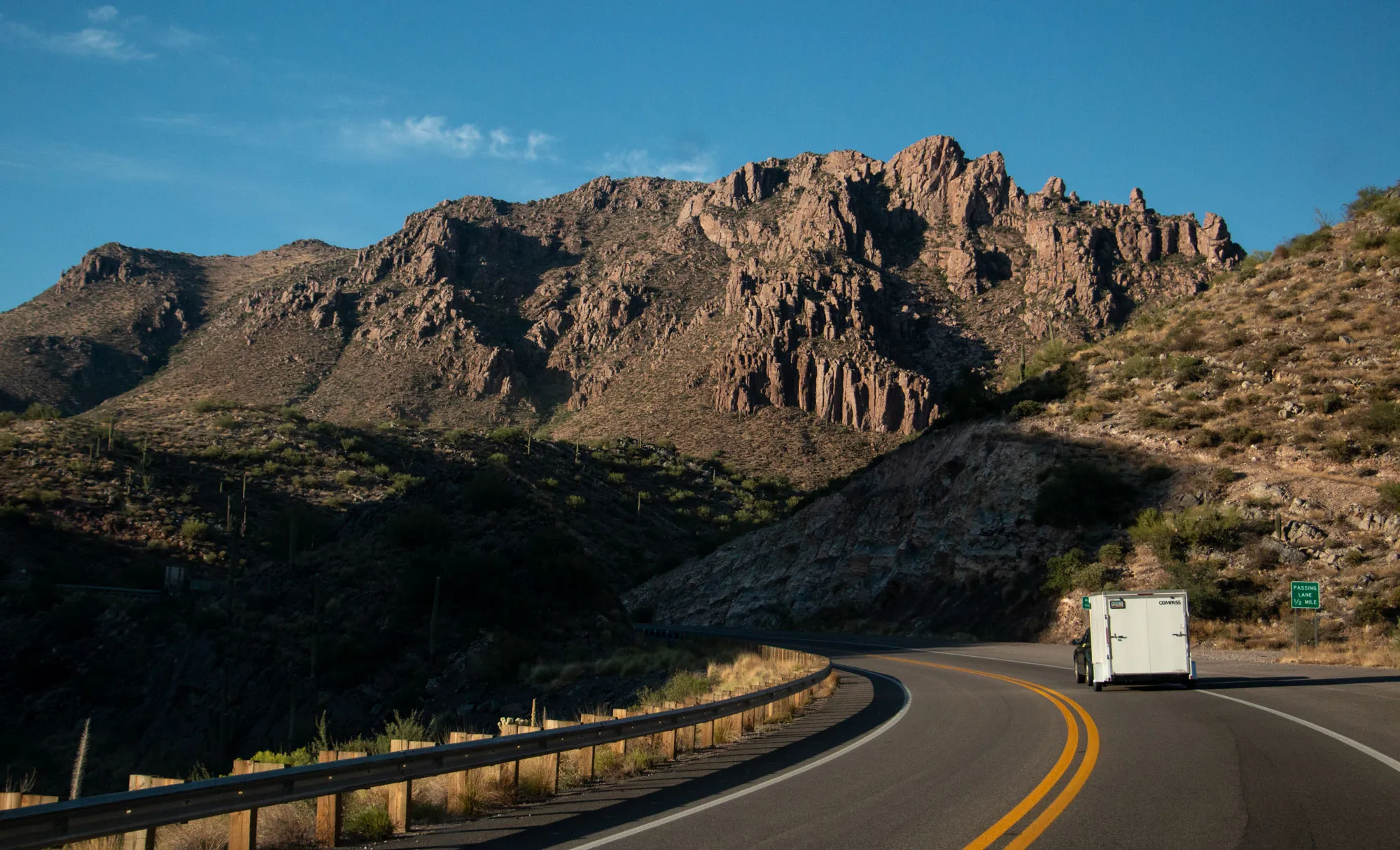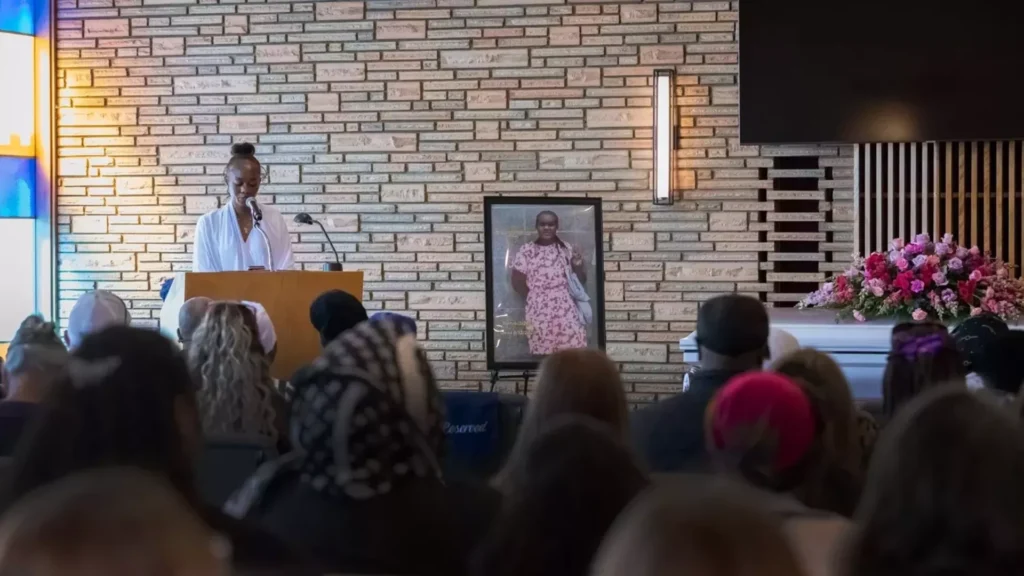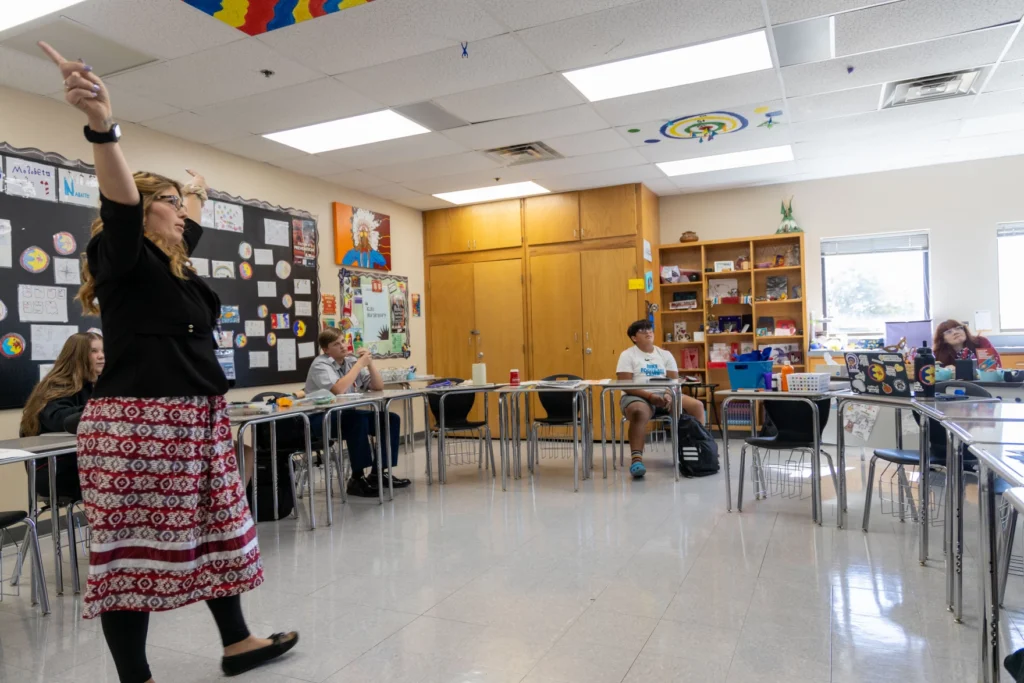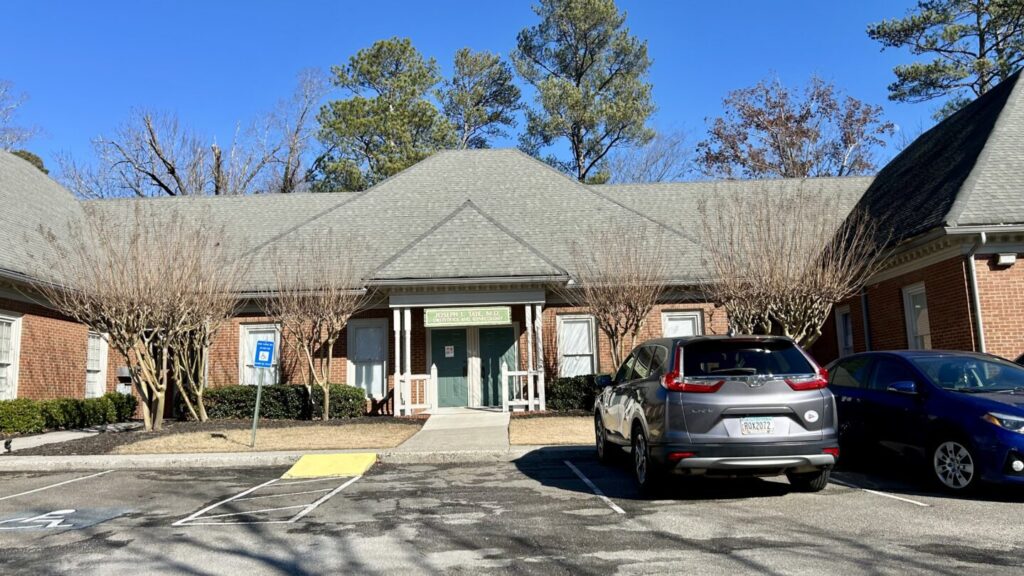Road to Recovery

Arizona Center for Investigative Reporting by Hannah Bassett, November 2, 2023: In their search for sobriety, one couple becomes entangled in a web of fraud and a failed state response, eventually seeking a future in the place they left behind.
Courtney Altaha and James Cody Jr. piled their belongings into a small white trailer baking under the Phoenix sun. Their boxes—filled with clothes, books, paperwork, a child’s booster seat—dwarfed the single duffle bag they’d carried when they left the Fort Apache Indian Reservation two years earlier. They came to the city in search of treatment for addictions that had robbed them of their health, house and custody of their five children.
On this late September day, Altaha and Cody were heading home as part of a small group of White Mountain Apache Tribe members impacted by fraudulent behavioral health providers and the state’s resulting crackdown. Since May, Arizona’s Medicaid agency, the Arizona Health Care Cost Containment System, has suspended more than 250 behavioral health providers. An exodus of patients followed.
The crisis has disproportionately affected Indigenous communities, who were targeted by providers that exploited reimbursement rates unique to the American Indian Health Plan. State officials rolled out a hotline to connect people with support services, but grassroots organizers—like Stolen People, Stolen Benefits, which arranged the day’s transport—have stepped up to deliver help where the state’s services fell short.
After loading their belongings into the trailer, Altaha, 28, and Cody, 29, went inside to cool down and wait to leave. They both appeared at ease, chatting casually and greeting familiar faces as they came through the door. Altaha and Cody have been together for nearly 10 years, though like most others trickling in, they’d known each other since childhood.
They had all faced challenges growing up on the Fort Apache Indian Reservation. Altaha’s family split up when she was a baby, and it wasn’t until her dad passed away when she was 9 that she met her brothers. They picked on her endlessly. Altaha got expelled from school for fighting and eventually began using alcohol and methamphetamine. Cody enjoyed mountain biking on the reservation but substance use made its way into his life as well. In 2014, Altaha and Cody began dating. They struggled to manage their addictions and take care of their growing family. Ultimately, they couldn’t.
Tribal authorities repossessed Altaha’s house after she tested positive for methamphetamine. Family members assumed custody of their five children. And after she completed a 90-day treatment program on the reservation, the couple decided to seek additional treatment in Phoenix in June 2021.
Unbeknownst to them, fraud among behavioral health providers was on the rise by the time they arrived in the Valley. Billing claims among behavioral health providers skyrocketed from $53 million in 2019 to $668 million in 2022. Altaha and Cody would bounce between fraudulent providers for two years before state officials connected the irregular billing with criminal activity targeting tribal communities and other Arizonans.
It didn’t take them long to realize something wasn’t right at their sober living home. Classes were sparse. Residents used alcohol and drugs within the facility. Staff would not let Altaha or Cody leave.
Read more from the Arizona Center for Investigative Reporting here.




